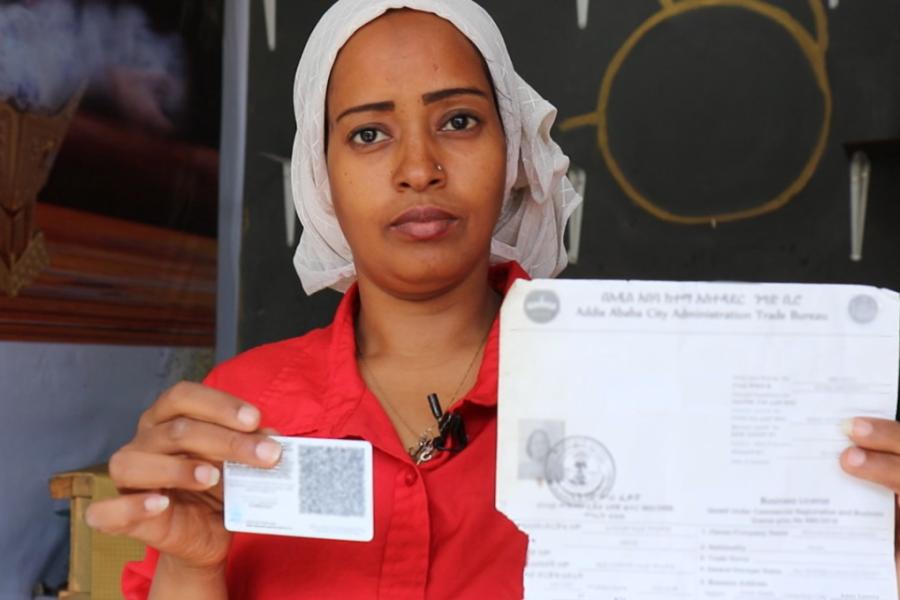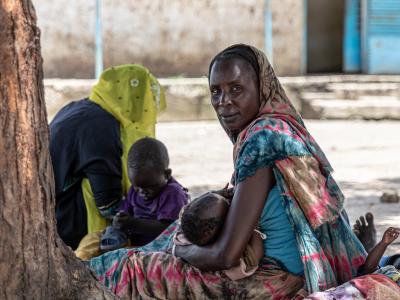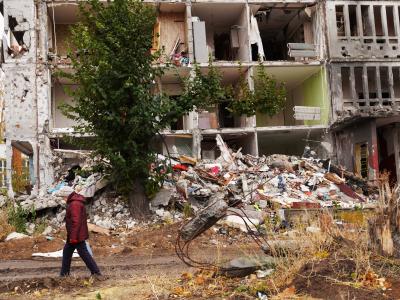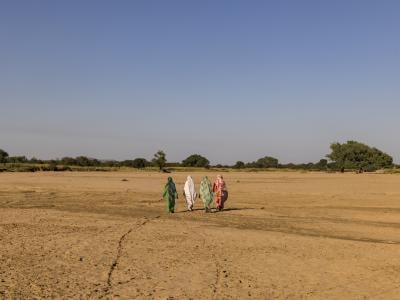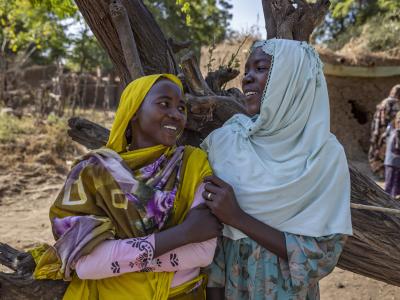Global financial needs amount to $213 million (+5% vs 2024 current budget)
Faced with a historic rise in asylum applications, a slew of emergencies, and increasingly complex mixed movements of refugees and migrants, asylum procedures must be able to provide international protection promptly and fairly to those who need it. In 2025, UNHCR will process asylum claims in about 45 countries where no fair and efficient systems exist. Elsewhere, it will reinforce national systems for determining refugee status and statelessness, with a new online asylum procedures toolkit and country guidance documents for States, a new Global Alliance to End Statelessness, and assistance for individuals needing help with the legal procedures.
Core Outcome Indicators

Average processing time (in days) from registration to first instance asylum decision

Proportion of people undergoing asylum procedures who have access to legal representation

Proportion of people undergoing asylum procedures who have access to an effective appeal mechanism after first instance rejection of their claim
Core Output Indicators

Number of countries where UNHCR has provided capacity development support to strengthen the national status determination system(s), in accordance with international standards*
*2024 Mid-year progress: 69 Countries
Financial overview
